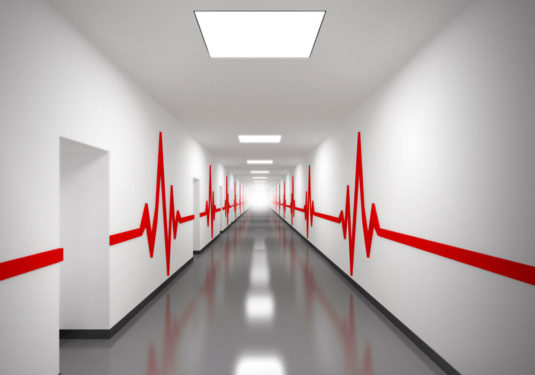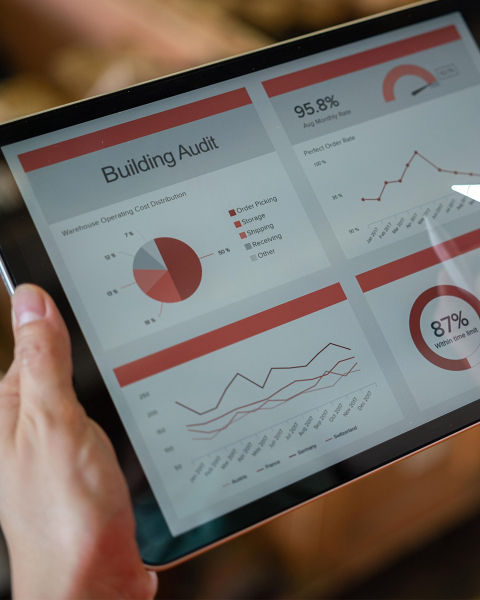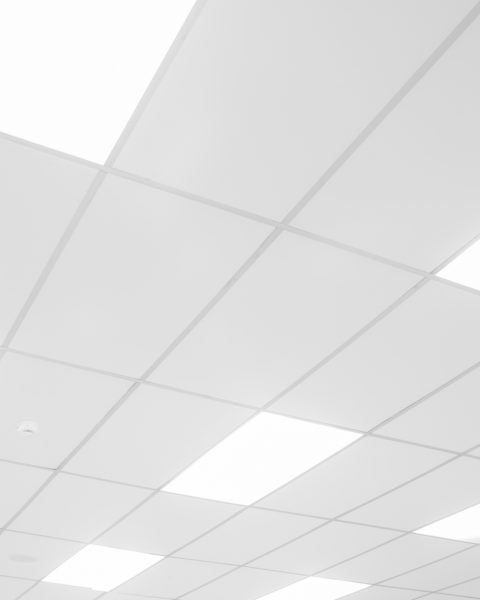A simple guide to hospital lighting levels
The CIBSE guidelines for lighting in hospitals give detailed advice on all aspects of lighting levels and design in the sector.
Its revised Lighting Guide 2 was published in 2008 and is the lighting bible for the healthcare sector.
Along with specific task requirements, the CIBSE guide focuses on the effects of lighting on patients and staff, as well as the attention to lighting aspects of the building in pleasing ways, while a central concern is to encourage energy savings.
Significantly, the revised guide now recommends that wall-mounted luminaires for general or patient care lighting are mounted at a minimum of 1.8m, from floor level to the centre of the luminaire for greater efficiency.


For patient lighting, the task lighting requirement for reading and other similar tasks by introducing a “patient reading/activity plane” focuses on how the patients carry out these tasks. While 300 lux is the minimum level, patients in general rest with their head or back against the pillows, so the task area needs to be illuminated around the region of the patient’s torso, rather than the pillow area itself.
The Lighting Guide 2 also requires a multiple-level assessment. The direct glare from the luminaire, with its average luminance against its immediate background, should be calculated, followed by the luminance balance produced on the room’s surfaces by the luminaires.
Lighting in ward areas
| Activity | Illuminance (lux) | Area |
| General lighting | 100 | Luminaires to use lamps with a colour rendering capability of RA80 |
| Patient reading | 300 | To be controlled by the patient and to be provided over the patient activity/reading area |
| General nursing care | 300 | To be provided over the general bed area with a uniformity of ≥ 0.5 |
| Night light | 5 | To be provided at the general ward area with a maximum of 0.5 lux over the pillow |
| Watch lighting | 15-20 | To be provided at the bed head pillow position |
| Examination or treatment at bed position | 1000 | Rare – a portable examination light must be used if required |
Lighting in intensive care and high dependancy units
| Area | Lux |
| Bed head observation (watch) | 10 to 20 |
| Bed head | 30 to 50 |
| Bed, clinical | 400 |
| Bed, examination | 1000 |
Lighting in operating theatres and clean rooms
| Area | Lux | Note |
| Operating table (directed locally) | 10000 to 160000 | Local switching (auto/manual) |
| Operating theatre (general lighting) | 1000 | Dimming (auto/manual) |
| All other work places | ≥ 500 but ≤ 1000 | Dimming (auto/manual) |
Lighting in corridors and circulation areas
| Area | Lux | Note |
| Hospital street (floor) | 150 (day) 50 (night) | Uniform illumination levels should be provided to avoid bright and dark patches to walls and floors. The installation should also be capable of operating at a reduced level (50 lux with 0.5 uniformity) at night for comfort and energy efficiency. |
| Corridors (floor) | 200 (day) 50 (night) | Uniform illumination levels using low glare luminaires, positioned to avoid alternating brightness patterns being viewed by trolley-borne patients. Installation should also be capable of operating at a reduced level (50 lux with 0.5 uniformity) at night for comfort and energy efficiency |
| Stairs (landings and treads) | 150 |
Lighting in reception and waiting room areas
| Area | Lux | Note |
| Floor | 200 | The lighting while being functional should mirror the efficiency and drama created at the reception areas of major commercial buildings |
| Reception (floor) | 300 | A measure of retail lighting philosophy should be employed to create a welcoming and impressionable ambience. |
| Enquiry desk (task area) | 500 | Comfortable accent lighting techniques should be employed to make the desk visually stand out from the general surroundings. |
Lighting in imaging rooms
| Area | Lux | Note |
| General lighting (1m above floor) | 300 | To be provided by ceiling fixed or recessed luminaires co-ordinated around any equipment. Two-way switching and control required. |
Lighting in examination and consulting rooms
| Area | Lux | Note |
| Working plane | 500 | Luminaire selection and positioning is important to avoid visual discomfort to patients |
| Couch or chair (local) | 15000 to 30000 | To be provided by a local examination luminaire |
Lighting in canteens and dining rooms
| Area | Lux | Note |
| Whole floor | 50 | Separately provided and switched will allow for a cleaning, security and maintenance level. |
| Tables | 200 | Accented for function and atmosphere and dimmable to cater for the social event and time of day |
| Serving counter | 300 | Comfortable accent lighting techniques should be employed for safety reasons and to provide a focal point for users of the facility |
Find out how we can help your business.
0333 123 5464


